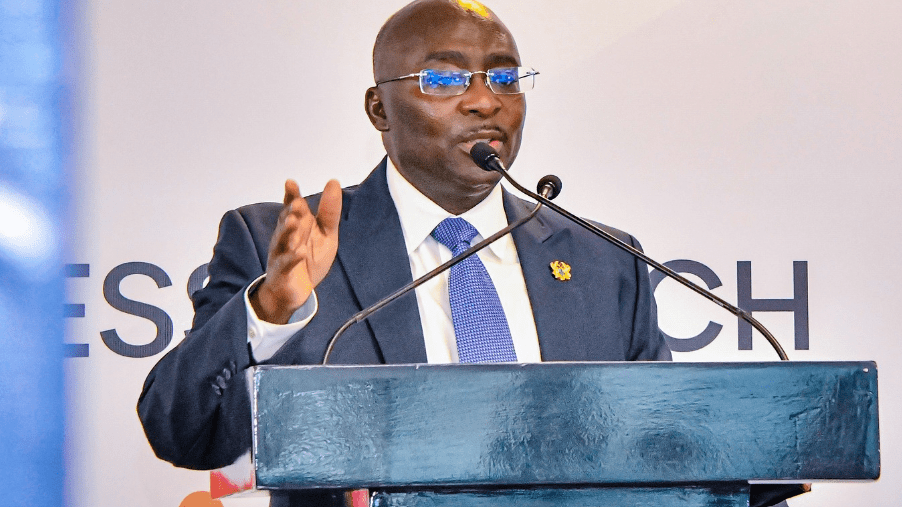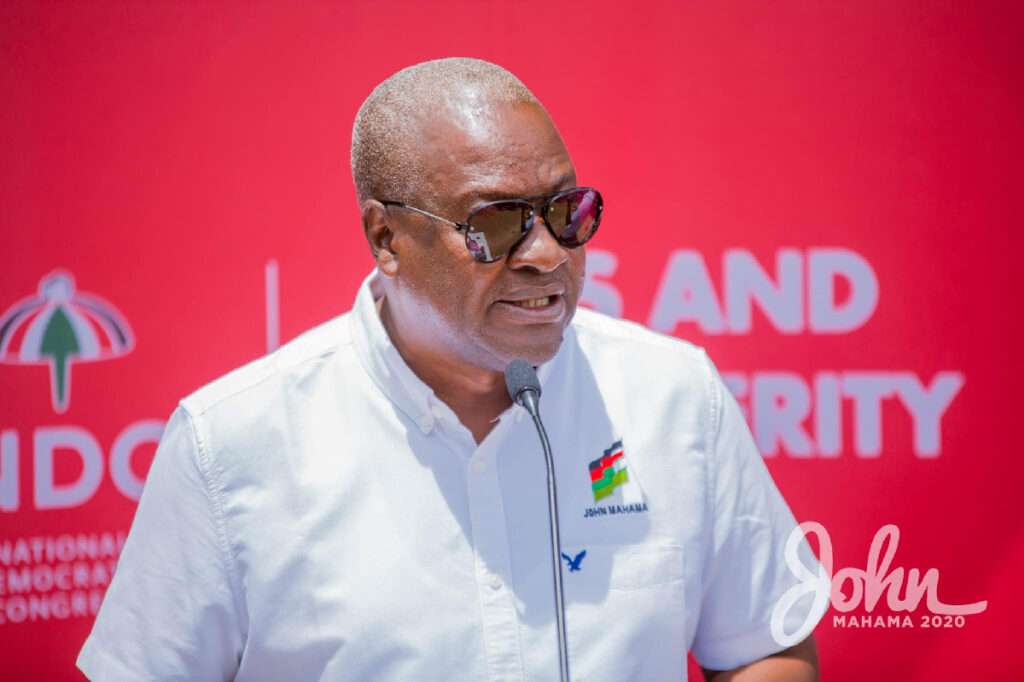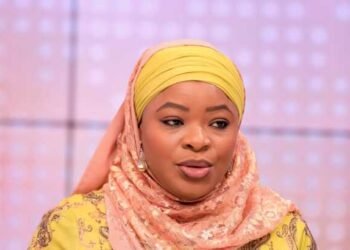According to Mussa Dankwah, Executive Director of Global InfoAnalytics, polls show that the government’s support from beneficiaries of the free education policy has significantly eroded ahead of the upcoming election.
Dankwah indicated that among voters aged 18-24, whose highest educational qualification is Senior High, the ruling party is trailing the opposition by a double-digit margin.
The situation is even more pronounced among those who went on to attend university but still hold Senior High as their highest qualification, where the opposition’s lead is even wider.
According to him, this shift suggests that the ruling party’s key education policy may no longer be translating into electoral support from younger voters.
“Why is the NPP campaign pivoting on free education again? I have seen a campaign ad reminding voters of the difference the free education has made and that there is a need for voters to vote for NPP to preserve it. I have also seen a counter-campaign ad by the NDC to counter the NPP’s ad on education. Boot for boot anaa?
“What is the reason for the NPP pivoting on education and the NDC seeing the need to counter it?”
Mussa Dankwah
Dankwah further questioned the NPP’s decision to focus on the free education policy.

He noted that the only group still likely to support the Senior High School (SHS) policy are the parents and guardians of current graduates, as well as parents whose children are about to enter or will soon attend senior high school.
He implied that this narrow base may not be enough to sustain the ruling party’s electoral strategy, as younger voters appear to have shifted their support to the opposition.
Dankwah stated that John Dramani Mahama holds a strong lead on economic issues, with a 26-point advantage among men and an 11-point margin among women.
This, he suggested, underscores the importance for the NPP to capitalize on the free SHS policy to bolster its appeal.
Mahama Leads Strongly on Jobs Issue
Mussa Dankwah further highlighted that on the issue of jobs, Mahama holds a significant lead, with a 25-point advantage among men and an 11-point margin among women.
He revealed that however, when it comes to education, the dynamic shifts. Mahama’s lead is reduced to 15 points among men, and the gap narrows even more among women, dropping to just 1 point.
According to Dankwah, this shift suggests that while Mahama remains dominant on key economic issues, the ruling party’s focus on education could still resonate, particularly with female voters, where the competition is much tighter.

“Why is JDM leading by just 1 point among women when it comes to those who see education as a priority? The answer lies in the analysis of how voters whose key issue is education intend to vote by age group.
“It actually makes sense for this NPP to pivot on education as it is the only issue they are performing better on compared to the economy and jobs. The data shows that among voters aged 18-24%, John Dramani Mahama’s lead on education is just 6 points”.
Mussa Dankwah
Dankwah explained that Mahama’s lead grew to 11 points among voters aged 25-34, a group more focused on jobs and economic issues.
However, in the 35-44 age group—likely the parents of Junior High students—Mahama and Dr. Bawumia are evenly matched, suggesting that this demographic is split on their preference.
He indicated that among the 45-54 age group, who are likely parents of Senior High students, Bawumia gains an advantage, leading Mahama by 6 points.
This indicates that Bawumia’s message on education resonates more with this group.
Dankwah stated that interestingly, for voters aged 55 and above, Mahama reclaims the upper hand, with his lead on education widening in this older age bracket, likely reflecting long-term perspectives on education policies. “From this data, it makes sense for NPP to pivot on education and equally make sense for the NDC to counter it”.
READ ALSO: MTN Ghana and NewGold ETF Boost GSE Composite Index Amid Market Decline




















